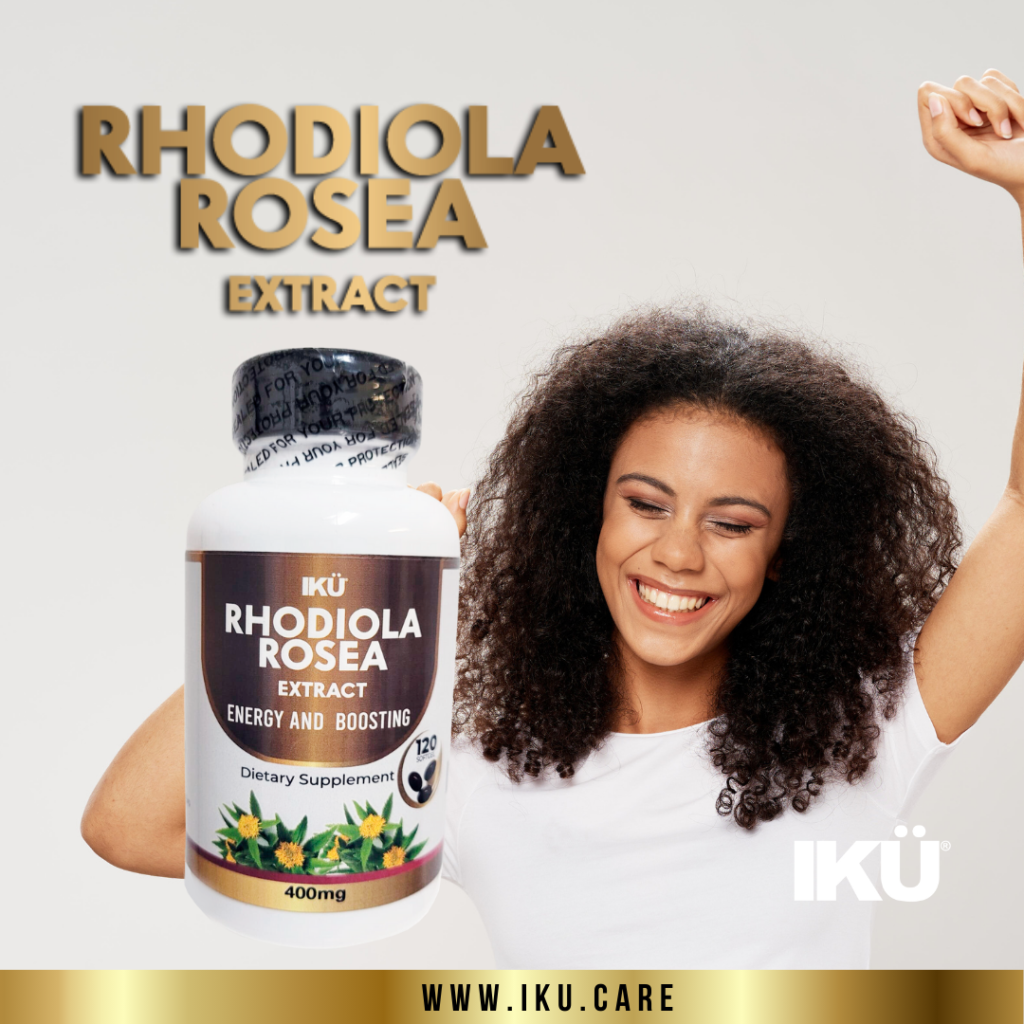The Potential Power of Rhodiola Rosea: Anticancer Properties Unveiled
Rhodiola Rosea, often referred to as the “golden root” or “Arctic root,” has been celebrated for its adaptogenic properties and ability to boost physical and mental resilience. Beyond its well-documented benefits for stress management and cognitive function, emerging research suggests that Rhodiola Rosea might also possess anticancer properties. In this blog, we’ll explore the fascinating world of Rhodiola Rosea and its potential role in cancer prevention and treatment.

Understanding Rhodiola Rosea
Rhodiola Rosea is an adaptogenic herb that has been used in traditional medicine for centuries, particularly in regions with harsh climates. It’s known for its ability to enhance the body’s response to stress, combat fatigue, and improve mental clarity. The key bioactive compounds in Rhodiola Rosea, such as salidroside and rosavin, are believed to contribute to its therapeutic properties.
The Promise of Anticancer Properties
Emerging research has shed light on the potential anticancer effects of Rhodiola Rosea. Here’s how this adaptogen may play a role in cancer prevention and treatment:
1. Immune System Support
Rhodiola Rosea has demonstrated the ability to modulate the immune system, potentially enhancing the body’s natural defenses against cancer cells. A robust immune system is vital in identifying and eliminating abnormal cells, reducing the risk of cancer development.
2. Antioxidant and Anti-Inflammatory Effects
The antioxidant and anti-inflammatory properties of Rhodiola Rosea may help combat chronic inflammation and oxidative stress, both of which are associated with an increased risk of cancer. By reducing these factors, Rhodiola Rosea may contribute to cancer prevention.
3. Apoptosis Induction
Some studies suggest that Rhodiola Rosea may induce apoptosis, a natural process where the body identifies and eliminates malfunctioning cells, including cancer cells.
4. Enhanced Treatment Tolerance
For individuals undergoing cancer treatment, Rhodiola Rosea’s adaptogenic properties may help improve tolerance to treatments like chemotherapy and radiation therapy. It can mitigate the side effects of these treatments and support overall well-being during cancer therapy.
Incorporating Rhodiola Rosea
Supplements: Rhodiola Rosea is available in various forms, including capsules, powders, and tinctures. Follow recommended dosages provided on product labels.
Consultation with a Professional: If you are considering Rhodiola Rosea as part of your cancer prevention or treatment plan, it’s crucial to consult with an oncologist or healthcare professional. They can provide guidance on safety and potential interactions with other medications.
Conclusion
While research into Rhodiola Rosea’s anticancer properties is in its early stages, the preliminary findings are promising. This adaptogenic herb’s ability to support the immune system, reduce inflammation, induce apoptosis, and enhance treatment tolerance make it an exciting subject of study in the world of cancer research. As with any complementary approach to cancer prevention or treatment, it’s important to work closely with healthcare professionals to ensure safe and effective integration into your overall health plan. The potential power of Rhodiola Rosea in the fight against cancer is a testament to the remarkable capabilities of natural remedies in the realm of modern medicine.



